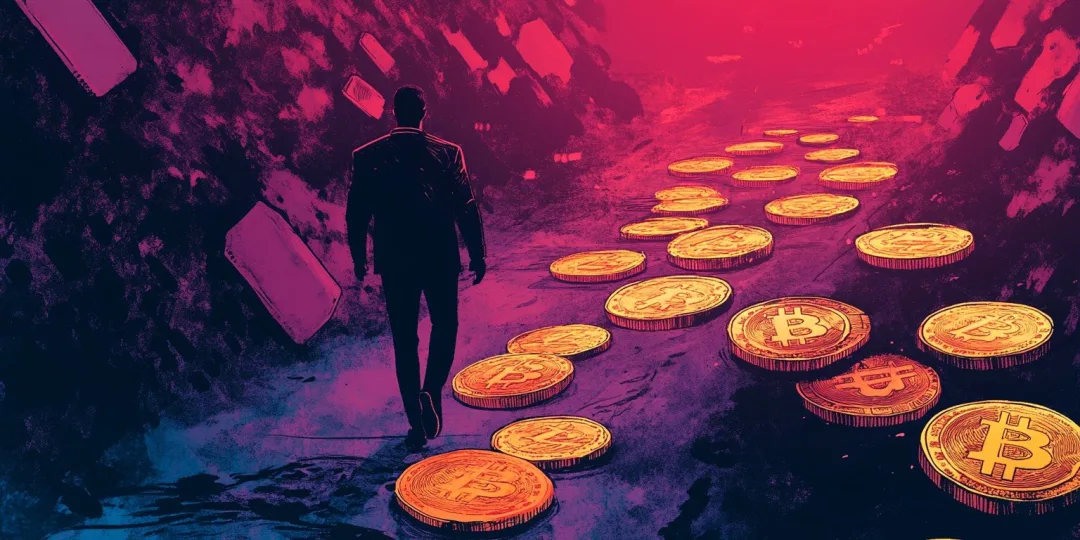
In the fast-paced realm of cryptocurrencies, controversy often looms on the horizon. Brad Garlinghouse, CEO of Ripple, recently voiced his criticisms against Dogecoin (DOGE) during the Consensus 2024 conference, casting doubt on its relevance within the industry.
Ripple CEO Questions Dogecoin's Value
Garlinghouse maintains that cryptocurrencies should strive to address real-world problems, a standard he believes Dogecoin fails to meet. He suggests that DOGE's allure stems from speculative fervor rather than practical applications. This critique holds particular significance as the crypto sector seeks broader acceptance and regulatory clarity.
Meme Coins: A Roadblock to Legitimacy
Garlinghouse further addressed the speculative nature of meme coins like Dogecoin, noting that the crypto industry remains in its infancy, lacking widespread adoption and regulatory guidance. He contends that the prominence of these meme-based currencies hinders the ecosystem's progress and mainstream acceptance.
Beyond Speculation, True Value Lies
Dogecoin, initially introduced as a joke in 2013, has since amassed a loyal following and reached a peak value of $0.73. Yet, its value largely hinges on its vibrant community, social media engagement, and influential endorsements, such as those from Elon Musk. In contrast, Garlinghouse asserts that countless crypto projects across diverse blockchains offer tangible utility, a key driver for the industry's sustainable growth.
Ripple: A Model of Practicality
As an example, Ripple operates as a cryptocurrency payment system, seeking to provide an efficient and cost-effective alternative to traditional systems like SWIFT.
Garlinghouse's criticisms underscore a growing consensus within the crypto community: the need to transcend speculation and prioritize genuine value creation. While Dogecoin and other meme coins continue to garner popularity, the debate over their long-term utility persists.


 Coinpaper.com
Coinpaper.com Cryptopolitan_News
Cryptopolitan_News Crypto Daily™
Crypto Daily™ TheNewsCrypto
TheNewsCrypto DT News
DT News DogeHome
DogeHome Crypto Daily™
Crypto Daily™ Crypto Daily™
Crypto Daily™ COINTURK NEWS
COINTURK NEWS






















